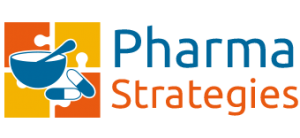- Study discontinued due to feasibility of recruitment; no safety issues have been reported or efficacy conclusions made
- Novartis remains committed to ongoing research and development for COVID-19
- Supply of hydroxychloroquine (HCQ) from Novartis will continue for clinical trials and upon government requests worldwide
Basel, June 19, 2020 — Novartis has made the decision to stop and discontinue its sponsored HCQ clinical trial for COVID-19 due to acute enrollment challenges that have made …
